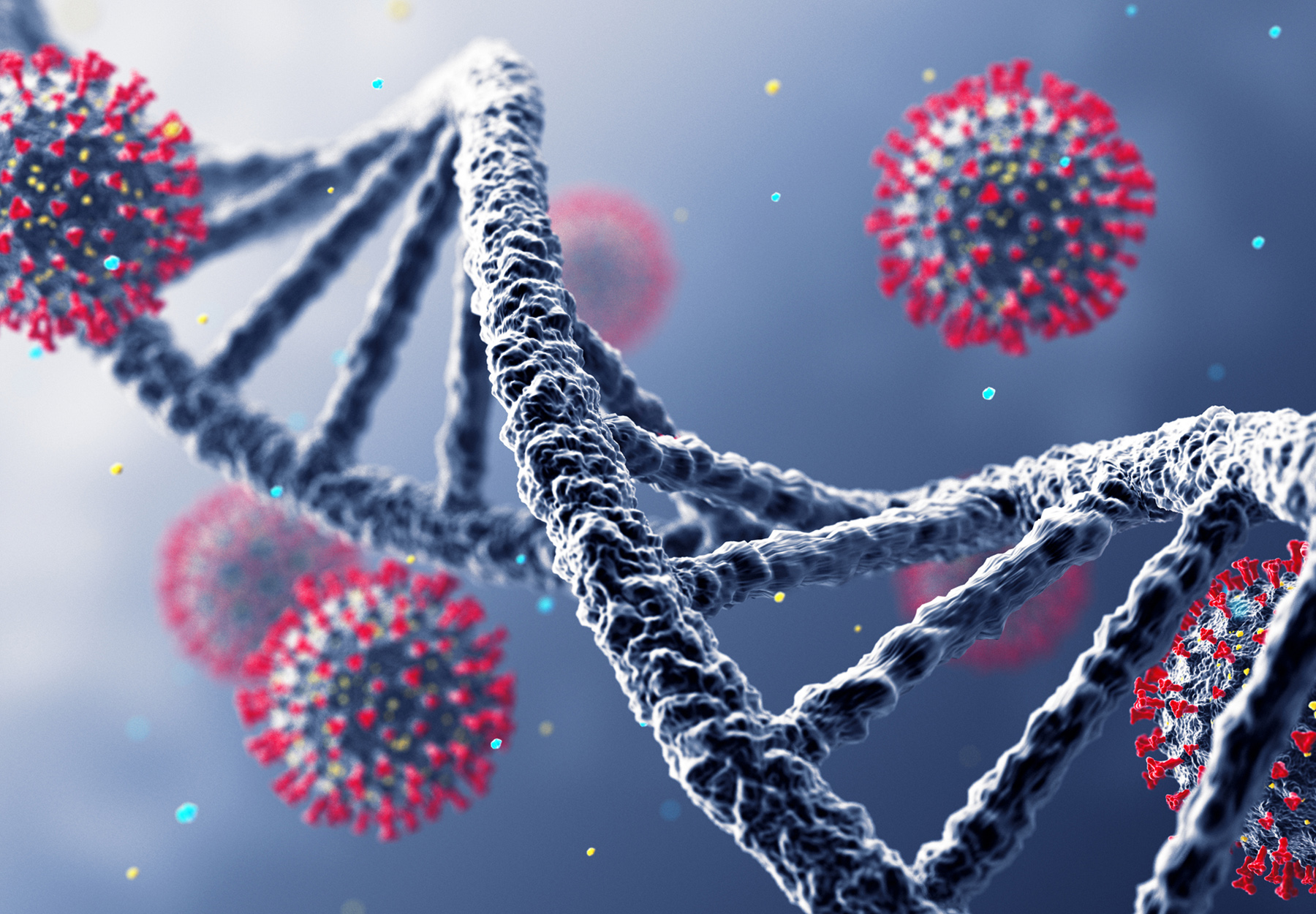On March 23, Thermo Fisher Scientific announced it is partnering with population genomics company Helix, bioinformatics company Rosalind, and the National Institutes of Health (NIH) Rapid Acceleration of Diagnostics (RADx) Initiative to identify SARS-CoV-2 variants faster. The group aims to develop a new genotyping method for the COVID-19-causing virus, hoping to find new variants as they emerge.
Because the method involves polymerase chain reaction (PCR), it can be used by any lab that uses PCR, meaning it has the potential to greatly expand SARS-CoV-2 surveillance efforts in the United States, according to a press release.
SARS-CoV-2 variant tracking is important as new variants can impact how effective vaccines are and the severity of COVID-19, which in turn determines how much stress new infections put on the health care system and what public health measures are necessary for people to protect themselves.
Current Variant Tracking Methods
According to the press release, currently, next-generation sequencing (NGS), is the method of choice for finding and tracking new variants. In the US, about 5 percent of randomly-chosen SARS-CoV-2 positive samples are sent for variant identification, but it can take as many as 21 days from that positive result to variant data being available to the public.
With the new genotyping method, however, “labs can classify a high percentage of positive samples and provide information within two to three days,” the press release states, adding that the method can also reduce costs compared to NGS. The method quickly narrows down samples to the ones where variants can’t be identified, which then become prime suspects for new variants, the statement explains.
Advantages of the New Approach
“Our approach makes it possible to conduct surveillance testing on a significantly larger number of samples and quickly determine which variant is present in a sample,” said Dr. Eric Lai, co-lead investigator of the NIH RADx initiative, in the press release. “If we start seeing a trend where we are unable to assign lineages using known markers in the genotyping assays, it is an early warning that a new variant may be emerging and helps determine which samples should be sent for sequencing. This is significant because emerging variants have the potential to evade vaccines, cause diagnostic test performance issues, or cause more severe disease.”
Members of the public will be able to access data created from the collaboration via the Rosalind Tracker website, which tracks the prevalence of various COVID-19 variants across the country. The company’s ROSALIND platform also played a key role in selecting and validating biomarkers for SARS-CoV-2 variants for the genotyping method.
The program is funded by the National Institute of Biomedical Imaging and Bioengineering as part of the NIH RADx Initiative.
